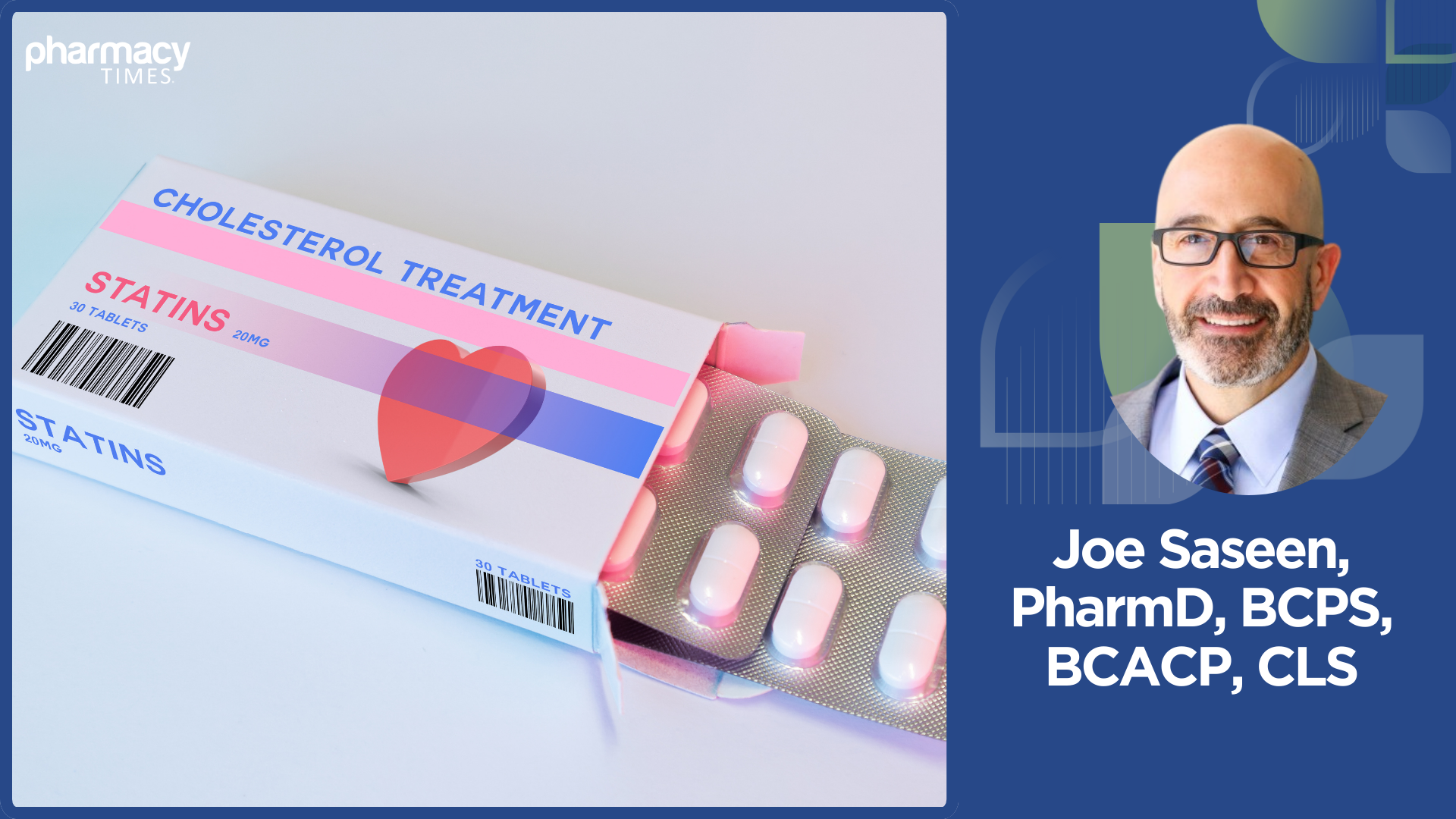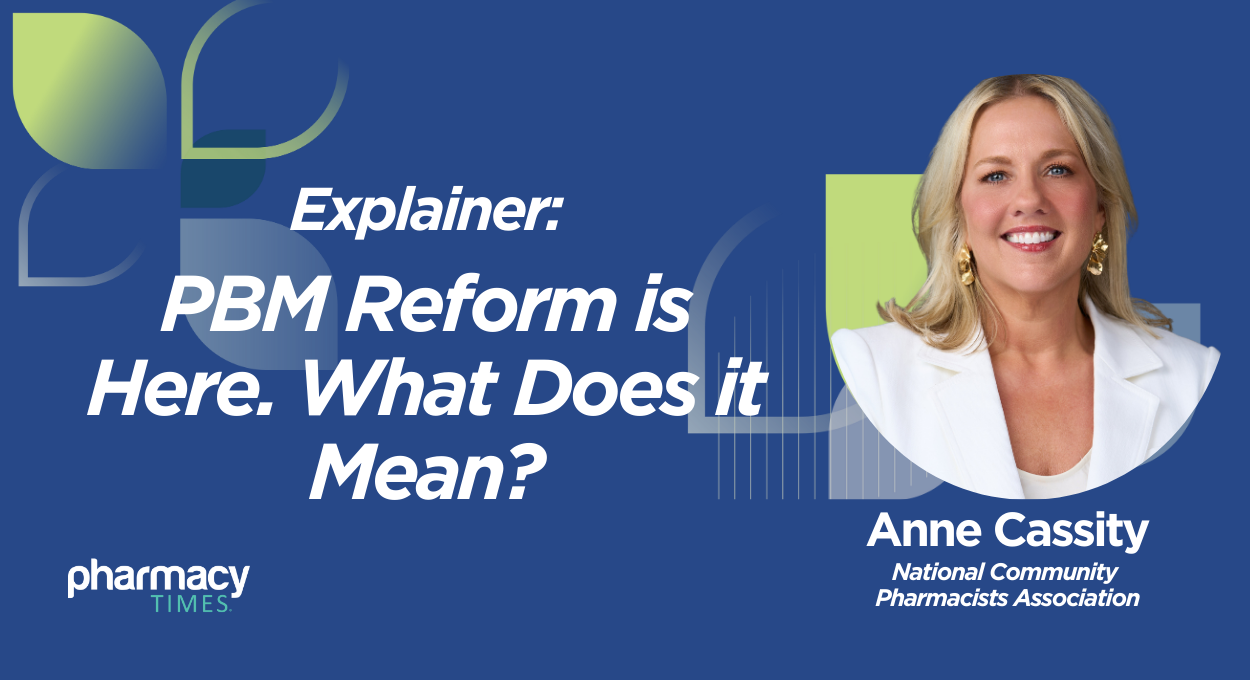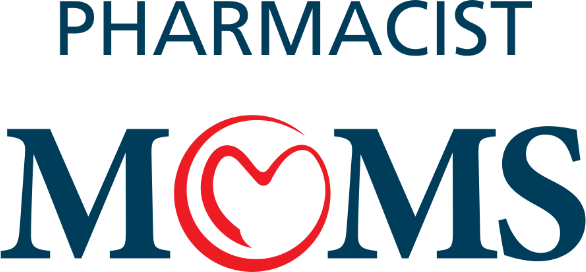
The official advocacy organization for pharmacist women in the United States
Pharmacist Moms Group™

45,000+ Members

Over 6 Million posts, comments and reactions in 2020

60,000+ Followers on social media platforms
The Largest Community of Women Pharmacists in the US

Founded in 2017, Pharmacists Moms Group was created to provide women pharmacists the opportunity to network, collaborate and offer genuine feedback in a closed-door, trusted setting. The organization has quickly grown to over 45,000 members and 60,000 followers on our social media platforms.

While we may not be able to control what happens to us, we can ALWAYS control how we respond. Working on self-awareness and self-improvement will certainly create positive habits to help you when you are stuck.

Read on to learn more about Jennifer’s path to pharmacy ownership, and to learn how COVID-19 and the Oregon wildfires have impacted her business.

Miss America 2020, Camille Schrier, has been a proud, self-described “science nerd” for as long as she can remember. We caught up with Camille to get a student’s perspective on the future of the profession.

Joe Saseen highlights how pharmacists can close treatment gaps in dyslipidemia by initiating appropriate statin intensity early, using combination therapy when needed, and proactively assessing adherence.

Counseling Patients With oHCM – Using Data to Instill Confidence

Incretin-based therapies were associated with a lower risk of dementia compared with sulfonylureas in older adults with type 2 diabetes, highlighting potential cognitive benefits relevant to long-term diabetes management.

Anne Cassity of the NCPA outlines the historic passage of federal pharmacy benefit manager (PBM) reform and explains how new Medicare Part D contracting standards could reshape reimbursement and oversight for community pharmacies.

WADA tracks GLP-1s like Ozempic, Wegovy and Zepbound at the Olympics as pharmacists weigh muscle-loss risks and sports pharmacy guidance.

Derek Webb and Dennis Williams discuss key global learnings from the FIP World Congress of Pharmacy, highlighting how pharmacists worldwide are leading proactive over-the-counter (OTC) allergy care and what practical strategies US community pharmacies can adopt.






.png)



